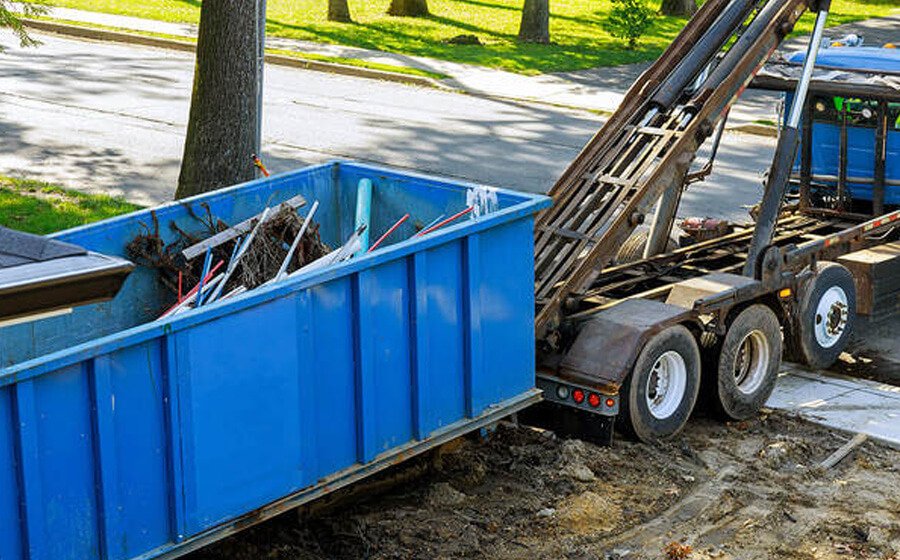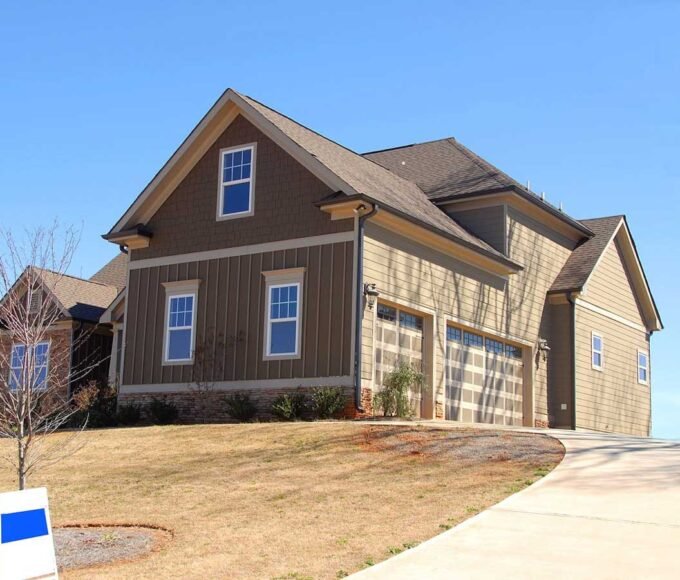So, you want to demolish an adjoining wall or part of your home to make room for a new extension? Or perhaps you intend to tear down the garage to build an extra bedroom? Whatever the reason, it’s smart to consider how you plan to handle the debris. For starters, click here to find the right dumpster for your waste.
Dumpsters are the saviors of any demolition project. They accommodate large amounts of waste, making them a reliable and invaluable resource for your home project. This guide covers all you need to know about renting a dumpster for your home demolition project. Let’s get into the details.
1. Size and Weight
Before penning a rental agreement, consider the dumpster size you’ll need. Depending on the project, you may opt for anywhere from 10 cubic yards, all the way up to 40 cubic yards.
Plus, dumpsters have a weight limit. For instance, a 20-yard dumpster handles roughly 6,000 pounds of debris, while a 30-yard container can accommodate 10,000 pounds.
Remember: bigger isn’t necessarily better. That said, you may incur overage charges if the dumpster you rent is too small for the job. It’s better to rent a slightly larger size than necessary, in case you need extra room for debris. Also, note that every company has weight limitations, so it’s advisable to find the exact limit before signing a rental agreement.
2. Permits and Regulations
Sometimes, you may need to acquire a permit for your dumpster rental. This often depends on where you intend to place the container and its size. If it’s in a public area, you’ll need a permit before the drop-off. Check with your local municipality or county office to determine the requirements.
Also, read up on dumpster regulations for your particular area. For example, some localities have laws about how long you can keep a container in one place and whether you can leave it on the private or public property overnight.
3. Costs
The cost of renting a dumpster varies based on multiple factors. These include:
- The dumpster’s size
- Weight of the debris
- Your location
- Waste company you partner with
- Rental period
Consider the range of potential costs before hiring a dumpster. This can help you avoid nasty surprises when you pay the bill. Also, compare prices between rental companies to score a good deal.
4. Location and Accessibility
When choosing the dumpster location, ensure it’s close to where your demolition will occur. You don’t want to have the container too far away from the work site, as this will result in extra labor costs for hauling debris. Plus, consider access to the unloading area – will a truck fit in your driveway, or will it have to park on the street?
Overhead obstacles, such as tree branches and power lines, may obstruct delivery and pick-up. Inform the rental company about obstacles that may interfere with loading and unloading of the container. And if you can clear the way, do so.
5. Acceptable Waste
Most dumpster rental companies restrict the debris you can toss in the container. Generally, you shouldn’t put hazardous materials such as paint, asbestos, adhesive, oil, medical waste, and house cleaning fluids in the container.
These items may be flammable or could cause damage to the container or your property. Check with your local waste management facility or dumpster rental firm for acceptable waste types to avoid disciplinary measures or fines.
6. Scheduling
Plan and book your dumpster well in advance. That way, it’ll be available when you need it – some companies may require up to two weeks’ notice for delivery, depending on the season.
Also, give your rental company a heads-up about when they can pick up the container, as timing can affect costs. And if you need to use the container for a longer duration, fill them in and account for the extra charges.
7. Disposal and Cleanup
An important yet often overlooked factor involves having the right action plan for disposal and cleanup. Ask your rental company whether they offer these services or if you’ll need to hire additional help.
Also, be aware that dumping debris in a public landfill may require an extra fee, depending on your location. And once your property is clear of waste, you may need to clean up or level the area – this often falls outside the scope of dumpster rental services.
Renting a dumpster means efficiently dealing with the debris and waste created by a home demolition. Consider the outlined points and research your options before committing to a rental company. While at it, ensure the firm you partner with has a reputation for quality services and adheres to disposal regulations. That way, you can anticipate a smooth and hassle-free experience.
















